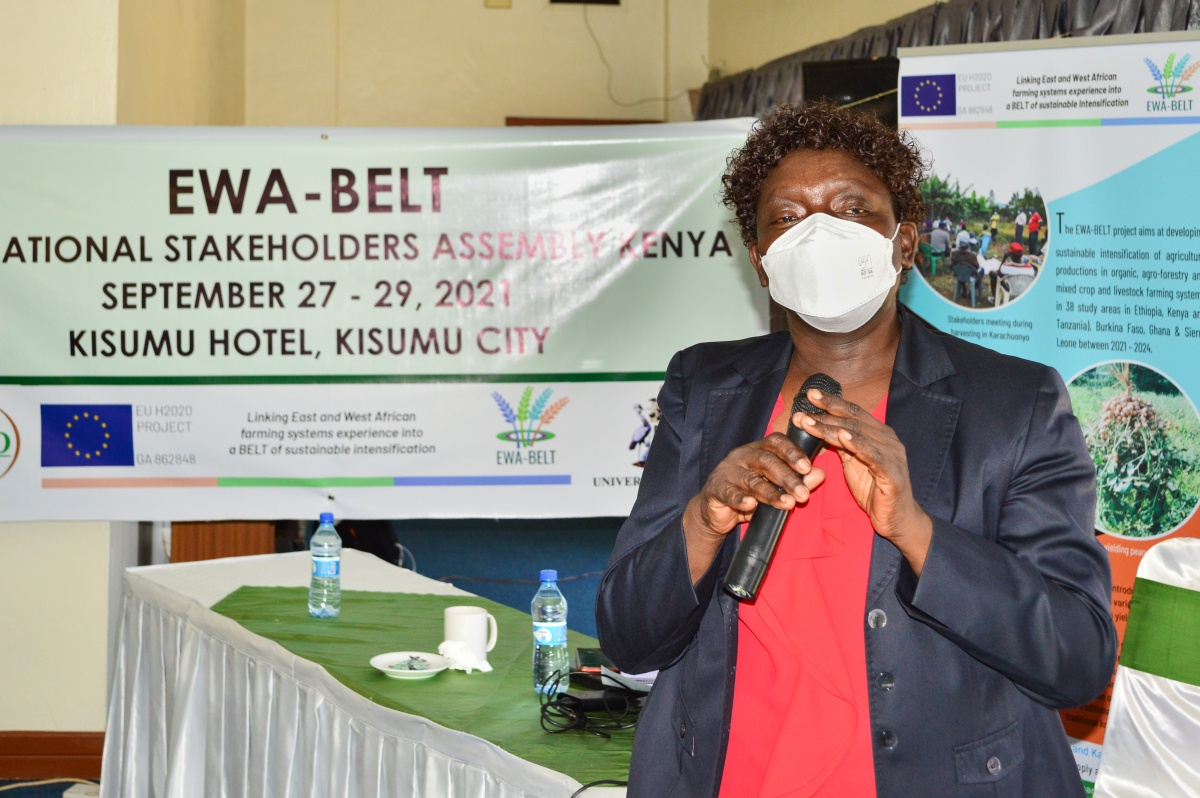EWABELT cited during UN’s informal meeting with the civil society

During the third committee meeting between OCCAM- Observatory on Digital Communication affiliated with the Economic and Social Council of the United Nations and the Civil Society, EWA-BELT a Project led by the University of Nairobi’s Prof. Sheila Okoth under the faculty of science and technology, was cited as a good example of one of the tools and Best Practices in the fields of Digital Agriculture, food security, and food exploitation. The meeting was held on February 16, 2022.
OCCAM stressed the importance of identifying and discussing current and future challenges not only through research and studies. But as well as on the ground in many rural villages across Africa and Latin America, where the conditions of minorities, such as women, children, and people with disabilities, must be improved. Digital tools and Best Practices in the sectors of Digital Agriculture, food security, and food exploitation were mentioned as one of the ways to achieve this goal.
EWA-BELT funded by the European Union’s Horizon 2020 Research and Innovation Programme, seeks to link East and West African farming systems experiences into a BELT of sustainable Intensification. This is achievable through the collaboration and excellent partnership from Prof. Sheila Okoth and KALRO (Kenya Agricultural and Livestock Research Organization)
The project’s mission is to develop Sustainable Intensification (SI) of agriculture productions in organic, agroforestry, mixed crop, and livestock farming systems in 38 study areas across 6 countries in East Africa (Ethiopia, Kenya, and Tanzania) and West Africa (Burkina Faso, Ghana, and Sierra Leone).
The Digital Revolution has given the world's most vulnerable communities unprecedented access to technical advancements, allowing them to connect freely and make use of e-services designed to meet their basic requirements.
The project intends to use modern technology to adopt new and improved traditional crops to a variety of agroecosystems. As a result, the project has introduced highly innovative, low-cost technologies that are simple to use in the field by unskilled workers. All applied techniques’ and technical benefits will next be assessed for their economic impact on farmers and along the value chain. EWA-BELT is also tackling gender issues and supporting women throughout the process.
